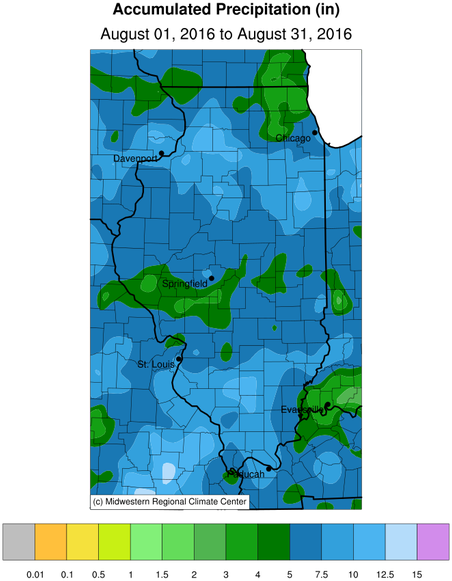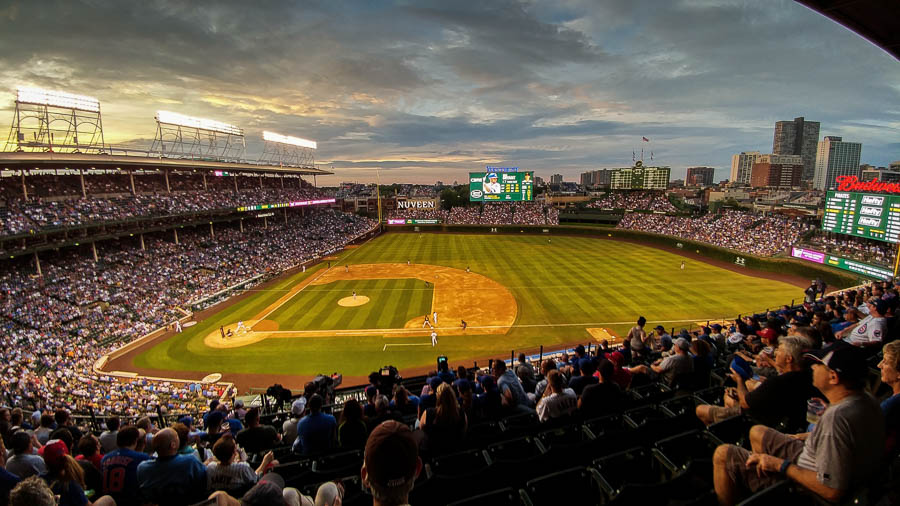Usually I just link to articles I haven't read yet. This morning, here's a list of videos friends have posted. (They take longer than articles.)
And, OK, one article: Politico interviewed dozens of people who were involved with getting the president home on 9/11, fifteen years ago today. Their accounts are riveting.
I've been meaning to post this photo from July. No story behind it; I just think it's cool.

It's fascinating how working from home doesn't seem to give me more time to, you know, work. So these have backed up on me, and I hope to read them...someday:
OK, so, that's going to take a few minutes...
"...people do not relate guns with gun crime."—The American President
And here in Chicago, where we lost more than one lawsuit over our attempts to get guns off the streets, we've had more murders this year than New York and Los Angeles combined. Thirteen people died this weekend alone:
Thirteen people were shot to death in Chicago over the Labor Day weekend as the city logged its 500th homicide of the year.
Thirty-one of the 65 people shot over the long weekend were wounded between 6 a.m. Monday and 3 a.m. Tuesday. Nine of the fatal shootings occurred over that period.
Early Monday morning, it appeared Chicago had a chance of ending a holiday weekend with fewer than four dozen people shot, which would have made it one of the least violent weekends of the summer.
The uptick in shootings in this weekend's final hours mirrored the end of the Fourth of July. Gunfire in the final hours of that holiday made up half the entire weekend's bloodshed.
Police attributed the 11th-hour surge to retaliatory acts, often involving gangs, after a weekend of parties and tense encounters.
Homicides in Chicago this year have risen to levels not seen since the 1990s, when killings peaked at more than 900 annually. The 90 homicides in August tied for the most the city had seen in a single month since June 1996. In the worst previous month — July 1993 — 99 people were slain.
And what is the police union doing right now? Bitching about how they don't want cops wearing cameras all the time, never mind that bad police shootings have cost the city almost half a billion dollars in the past decade, including $210 million since 2012.
Maybe if there were fewer guns? You know? Like in every other civilized country in the world?
The results are in for meteorologcial summer 2016, and it was, in fact, really warm and soggy in Illinois. Chicago's average temperature of 23.5°C was 1.4°C above the 1980-2010 normal. That period was the warmest in history, however, so the summer that just ended Wednesday was Chicago's 18th warmest in recorded history, putting it at the 88th percentile.
Did I mention wet? For June through August, we got 338.8 mm of precipitation, a damp 32.8 mm above normal—not a record, but still very squishy.
Oh, wait—we did hit a record after all. Illinois' statewide average 175.0 mm of precipitation in August, and 349.0 mm for July and August combined, were both the wettest such periods in recorded Illinois history.
Combine the humidity that produced all that precipitation with the above-normal heat and this past summer was uncomfortable.
September, however, has been delightful. The Tribune reports that yesterday Chicago had 100% of its possible sunshine for the first time since June 21st, and we may have an entire weekend—3 days in a row—for the first time since November 10th.
Two stories, in two directions. First, a cool interactive history of how the construction of Chicago's Eisenhower Expressway (I-290) displaced thousands of people and destroyed thousands of buildings:
In the late 1940s, the Oak Leaves newspaper in Oak Park predicted that the new superhighway would replace the West Side’s “appalling slums” with “orderly dwellings where orderly people are living in health and comfort.”
Of all the neighborhoods that the expressway sliced through, the Near West Side had the largest population of blacks in 1950. Nearly 40 percent of its people were African-American.
In February 1949, city housing coordinator D.E. Macklemann said some people in the neighborhood simply didn’t believe that the highway would actually get built. “One man forced us to get an eviction order from the court because he said he had been reading about superhighways for years and thought the whole thing was a dream,” Macklemann told the Tribune. “In several instances residents paid no attention until the buildings next door were being torn down.”
Second, a report about how Rochester, N.Y., has followed San Francisco, Boston, and other cities in burying or removing highways that blighted or isolated their downtowns:
Rochester lucked out. The eastern quadrant of the Inner Loop was isolated from the main flow of traffic into the city, and thus, the traffic volume on that segment of highway was never particularly high. As a result, discussions about burying this portion of the Inner Loop weren’t sidetracked by circular debates about what to do with the traffic it would displace. It may have taken decades to move forward, but that’s still more progress than many cities can claim.
Our research at the University of Connecticut shows that cities that transformed their downtowns with freeways, parking, and monolithic developments were flooded with traffic even while they were losing jobs and residents. The few American cities that maintained most of their prewar urban fabric saw much less growth in traffic congestion and have retained their character as vibrant walking cities.
We also know that cities that have removed freeways—usually due to an act of nature—have seen a decrease in traffic congestion. In some cases, the decrease was more than 50 percent.
I hope that someday, years from now but in my lifetime, we'll see the Eisenhower buried as well. There have been proposals to do that in Oak Park almost since it was built. But that would require a commitment to livable spaces that the U.S. doesn't seem likely to make.
The Cubs actually won, and it was a great night for a ballgame:

Also, I'm digging my new LG G5. That kind of photo is not what I'd expect from a mobile phone.
So, this happened on my train line:
A Metra train on the Union Pacific North Line was struck by lightning Tuesday morning in the Rogers Park neighborhood on the North Side.
Outbound train No. 309, scheduled to arrive in Kenosha at 8:18 a.m., was stopped shortly before 7:30 a.m. when it was struck by lightning, causing a mechanical failure near the Rogers Park Station...
Metra spokesman Tom Miller said no injuries were reported.
It actually only added about 15 minutes to my commute. Of course, if I'd known about the problem before seeing two outbound trains copulat--er, coupled together at my station while walking there (in the rain), I'd have taken the El.
At least it wasn't raining hard.
Two years after U.S. Cellular got absorbed by Sprint-NexTel, the Chicago White Sox have finally gotten around to renaming their ballpark. The winner? Guaranteed Rate, a low-cost mortgage lender. The change is effective November 1st.
I wonder what people will call it. "The Cell" is no more, "Comiskey" is long dead, and "Sox Park" isn't really the official name. Maybe people will call it "The G'Rate?" Nah.
The Tribune has some Twitter reactions up. My favorite: "Guaranteed Seats Park."
And hey, the Sox aren't the worst team in baseball right now (Atlanta Braves), nor are they the worst in the league (Minnesota Twins). But they're 60-65 and 12 games out of contention with only a couple dozen left to play, so the team will have plenty of time to change the marquee after the season ends October 1st.
Day two of Certified Scrum Master training starts in just a few minutes (more on that later), so I've queued up a bunch of articles to read this weekend:
Training begins again...